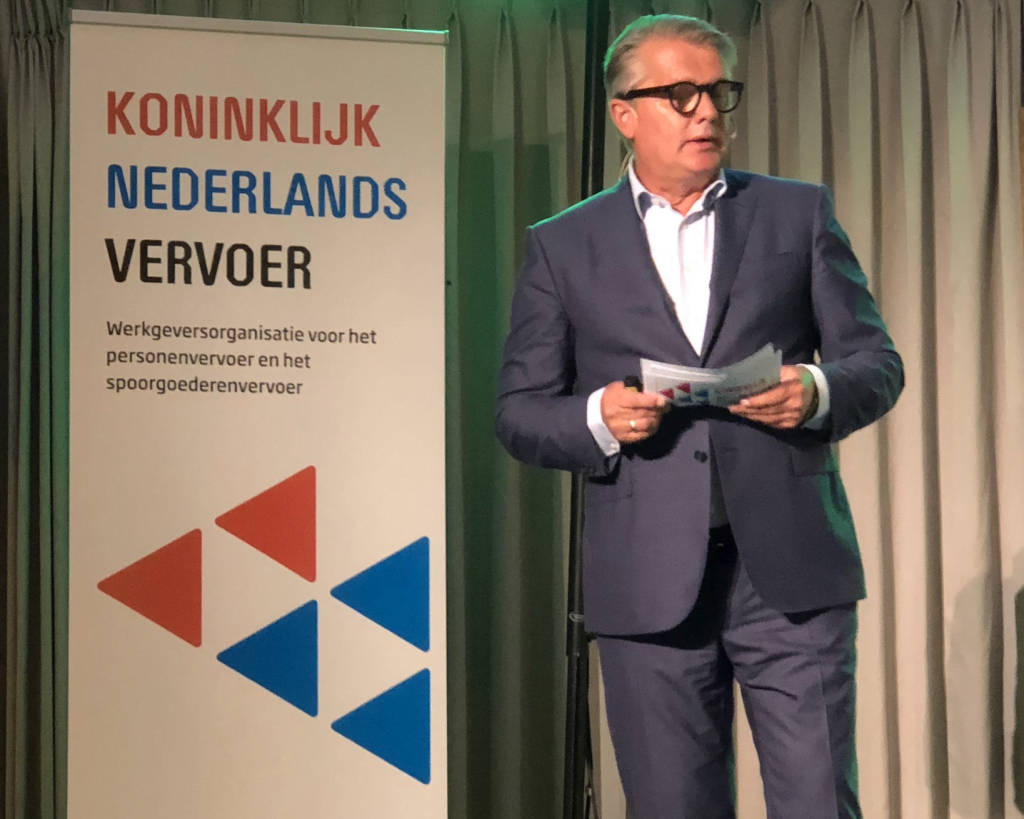FNV did not submit the final offer to its members, but announced actions and strikes.
Royal Dutch Transport finds the attitude of FNV socially irresponsible. The new collective agreement has been submitted to and approved by the members of both KNV Zorgtransport and Taxi and CNV Vakmensen.
CNV Vakmensen and KNV Zorgtransport en Taxi reached an agreement on a new collective labor agreement, applicable to 22.000 employees. The new collective labor agreement takes effect on 1 January 2023 and has a term of one and a half years. Wages will be increased by 1% as of January 8 of next year and another 4% as of January 1, 2024. In addition to the wage increase, the much-discussed fixed break scheme will also change, which from now on may only be withheld as a break if it has actually been taken.
In addition, the continued payment of wages in the event of illness will change: the waiting day on the first day of illness will no longer apply and employees will from now on be paid 80% in the first eight weeks and 90% thereafter (up to and including the second year of illness). The entry-level salary for new colleagues will also be higher, which will enable employers to make the industry more attractive to new employees.
'We really wanted to conclude a new collective labor agreement and therefore went far with our final offer. Employers also wanted to achieve a wage increase. As a token of appreciation and because employees are faced with significantly increased costs. I am pleased that peace has now returned to the sector and that CNV has also stuck its neck out to achieve this.
Bertho Eckardt - KNV
On behalf of the employers, chairman Bertho Eckhardt is pleased with the agreement, but indicates that it is a pity that FNV is not on board. However, FNV put forward wishes that we could not grant, because they added up to a cost increase of more than 40%.
Eckhardt continues: “We hope that FNV will still participate and abandon the strikes. We would be surprised if these strikes were continued now that there is a valid collective labor agreement. Of course FNV members are allowed to strike, that is their right. But for people who depend on care transport, for example students in special primary education and people with disabilities, this strike is really bad. They cannot simply switch to another form of transport and will miss a school day or a medical appointment, for example.”

Meanwhile, trade union FNV calls on all employees across the country of Bios Groep, Citax, Connexxion, Dorenbos, Haars Groep, Munckhof, Noot, RMC, TCR, de Vlieger, Witteveen and Willemsen de Koning to participate in a 30 hour strike. After months of negotiations, a petition with 24 signatures from drivers and a 2.500-hour strike on Friday, November 24, according to the members of the trade union FNV, the employers still do not understand how the employees are under water.
That is why they will continue on Wednesday 30 November. This time with more companies and more places than last time. They keep a power station in North Holland, South Holland and North Brabant action meeting and call on all employees who live or work in these provinces to come together in a central location.



